Frank A. DeFilippo: When the Bosses Made Things Work
Call it what you will, a hankering for the bad old days or just plan nostalgia, but if the old political bosses were still around to call the shots and make the deals, we wouldn’t be in this sorry mess.
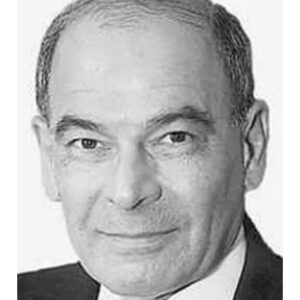
Frank A. DeFilippo
Here in Maryland, reaching out from Baltimore, the late Irv Kovens, Jack Pollack and Old Tommy D’Alesandro knew how to move the machinery of politics and get things done. And their counterparts across the country, the likes of Chicago Mayor Richard M. Daley, Pennsylvania Gov. David Lawrence and Philadelphia Mayor Bill Green – the supreme Democratic leaders of the early 1960s – were the party strongmen on presidential automatic-dials. The head of the Democratic party was a tough New Dealer from Connecticut, John Bailey.
One of the great images from the 1960 Democratic National Convention was of Daley, Lawrence and Green emerging from a back-room meeting and announcing that John F. Kennedy would be the presidential nominee. That was before the vote was even taken. They had interviewed the candidates, brokered the deal and lined up the votes. They wanted a winner.
On the Republican side of the era’s equation was the party’s chairman, Leonard Hall and later, Ray Bliss, who helped to pull the GOP back together after the 1964 defeat of Barry Goldwater. Maryland was kind of an anomaly. Theodore R. McKeldin Jr., two-term governor and a twice mayor of Baltimore, was titular leader of the GOP but his enforcer was William “Sweetie” Adelson, a Democrat.
For the truth is, that what Maryland – and national – politics lacks since the deaths of those old scallywags is a central intelligence. When Kovens – and all of the others before him – died in 1990, he left an estate of functions that no one has stepped forward to claim, because nobody wants the job or is able do it.
This is not a lament for the passing of bossism. Nor is it an exercise in political taxidermy. But a look in the rear-view mirror shows that the concept of politics as an extended family – known hereabouts as “muldoons” – surely beats the faux populism that’s out there now. The strengths of a democracy are also its weaknesses.
The conventional wisdom is that political bosses have been deader than pterodactyls for a long while. And this is also the case with political parties and party discipline. They’ve been replaced by Twitter and Facebook, and all of the other means of connecting directly with voters, the religious right, the academic left and the parliament of the permanently disgruntled. Oh, and don’t forget money, gobs of it.
In Maryland, there are really four Democratic parties: the Baltimore area party, the Washington suburban party, the white Democratic Party and the black Democratic Party. And there’s no one around like Pollack or Kovens to pull them together. By comparison, Republicans generally tend to stick together if only because there just aren’t enough of them to make a major difference – except at a time as fractured as this.
Quick as a hiccup – name the chair of the Maryland Democratic Party and the Republican Party. Can’t, can you? If you did, treat yourself to a Kit Kat bar. Double the treat if you can name the chairs of both national parties.
The Long Arm of the Boss
A mere few decades ago, for example, Kovens’ strong arm was able to reach out across the state and unify its competing interests behind a single candidate for governor, William Donald Schaefer, and, before him, Marvin Mandel. And before Kovens, Pollack could assemble statewide coalitions through handshakes with the Sasser machine bosses in Prince George’s County (and later, the O’Malley organization) as well as with Col E. Brooke Lee, the iron-willed boss of Montgomery County. Before them there were Arthur Pue Gorman, Issac Freeman Rasin, Sonny Mahon, Frank Kelly and William “Papa” Curran.
In the 1950s, when The Baltimore Sun needed a zoning change to build a new headquarters building on Calvert Street (recently abandoned), the paper’s executives were forced to meet with Pollack to petition for the city council votes needed to allow the construction by dead-ending an entire city street. Pollack controlled a majority of the council votes.
When the subway system was proposed for Baltimore, the multi-million-dollar project was more of a political payback than a way of getting people from here to there. It was Kovens who rounded up the necessary votes in the General Assembly as a reward to the building trades for purchasing $250,000 worth of tickets to a fundraiser he had organized for Mandel. The project provided 2 million man-hours of work for the building tradesmen, a beneficial exchange.
In 1976, Mandel, then governor, who disliked Jimmy Carter, assembled 53 political bosses and elected officials from around the state at the old Baltimore Hilton Hotel to ask them to support Jerry Brown for president. No meeting like it had ever been held, the political machine incarnate. Brown won the 1976 Maryland primary, and Carter’s campaign went downhill from there, though he still won after a succession of state losses.
And it was a rare occasion when the same political clubhouse in the northwest corner of Baltimore could produce a governor as well as a mayor. During the high-flying years of Mandel, Kovens had a governor in the State House and a mayor in city hall, which, in turn, made him a major player in the General Assembly and the city council as well as the deal-maker in the Democratic State Central Committee, which was controlled by Mandel.
And to some extent, Mandel and Kovens even asserted control over the Republican Party through allies in the State House and the appointment of friendly Republicans to key patronage positions and judgeships. (In 1974, Republican legislators came to Mandel’s State House offices to ask which GOP candidate Mandel would prefer as an opponent that year, Louise Gore or Larry Hogan, father of the current governor. Mandel chose Gore. When Gore won on primary night, Mandel turned to an aide and said: “How in the hell do you campaign against a woman”? But that was a long time ago.)
And Kovens’ sidekick in politics was William “Little Willie” Adams – one of the wealthiest blacks in America at the time – who acted as Kovens’ enforcer in the black community in exchange for assurances that blacks would get their fair share of patronage positions.
Under the leadership of both Kovens and Pollack, delegations to national political conventions were more balanced by gender, race and other party considerations than they are today under the Democrats’ wack-a-do delegate selection rules. (The DNC voted recently to phase out convention super-delegates.)
And you can be sure that when governors or mayors were up to their butts in alligators, they didn’t call the State House or city hall chaplain. They called Kovens, or they called Pollack, each in his time.
But as sure as the Second Law of Thermodynamics holds that sooner or later everything turns to mulch, such unity and single-purpose politics have vanished and gotten us to the present state of deterioration and disarray and downright nastiness. There are too many free-lance loonies truly believing that democracy in action comes with a personal guarantee. They should leave the work to the pros.
The breakdown of political parties and slow ebbing of political bosses actually began under President Franklin Delano Roosevelt when the New Deal and the welfare state began to absorb many of the functions of political parties and bosses. Baskets of food and buckets of coal as well as jobs and legal services that many immigrants relied on were the currency of political organizations in exchange for expected support on election day.
The breakdown continued into the 1950s-60s with the widespread accessibility of television, which introduced candidates directly to the voters through debates and commercials. And with the arrival of President Lyndon Baines Johnson’s Great Society, government was actually organizing and funding community associations, which, in turn, produced candidates and causes that in many cases overlapped and overturned the established political order. (Former Sen. Barbara Mikulski earned her political chops through her work with community organizations.)
Blame Watergate Reforms
But it was eventually control of money and campaign funding that brought political parties and bosses to their present state of weakness and collapse.
Watergate is an acceptable line of demarcation for much of what ails politics today. Watergate produced, among other so-called reforms, political action committees. Prior to that timeline, only labor unions could contribute directly to political campaigns through what was called COPE, or Committee on Political Education. Most campaign funds at the state level were controlled by political parties and bosses who decided which candidates would receive funds and other benefits of organization support.
Political action committees opened the checkbooks of the captains of industry to political candidates, greatly diminishing the political organizations’ control of funding and weakening their already feeble grip on local as well as national politics. The penultimate blow was the Citizens United ruling, which allowed the unchecked flow of money from corporations to candidates under the theory that smokestacks are people and are entitled to free expression and anonymous donations. A recent ruling, however, will require non-profits to surrender dark-money anonymity and require that the names of donors to campaigns be made public.
So the pregnant question is this: If Kovens or Pollack – or Daley, Lawrence or Green – were alive today, would Donald Trump be president? Or would the U.S. Senate be imploding before our very eyes over the judicial nomination of a political hack like Brett Kavanaugh? Or, for that matter, would Ben Jealous be the Democratic nominee for governor? Or would Montgomery County have three candidates for executive? Or would Kovens be supporting Gov. Larry Hogan as he did another Republican, Spiro T. Agnew?
In their day, political bosses were viewed as evil and corrupt mainly by those anti-organization candidates who couldn’t get the machine’s support. But at their best, political bosses were moderators and facilitators who could work out differences, negotiate trade-offs and make things happen. They got their share of the boodle, too, through contracts, the sale of patronage jobs and other benefits. But they made certain that the taxpayers got their piece of the action, too.
But in today’s sanitized environment, anyone caught cutting a deal to bring people together is, by definition, a political malefactor and therefore corrupt. And maybe that’s why nobody wants the job.
Walk-around money – cash from political organizations and candidates – has been devalued, like most other political commodities. A worker making $200 a day, doing whatever, isn’t going to take a day off work to accept $25 for standing in the cold for 12 hours on Election Day. Besides, the golden age of polyester is over.
Moreover, to further weaken party loyalty and discipline, creeping changes in the election laws dealing with campaign finance have decentralized the role of money in elections.
Through what are known as “continuing” committees, legislators now have financial independence from political parties. And they no longer have to rely on governors or political bosses for handouts. Their new loyalty is to money, special interests and lobbyists. When the bosses were alive and plying their peculiar trade, election days were festive occasions with huge voter turnouts (or stay-at-homes, as the occasion demanded). Today, voting with all of its ease and accommodation, is a civic drudge and turnouts are dismally low.
What Kovens, Pollack and, in the GOP back room, Adelson, shared beyond power was an affection for the great game of politics – assembling tickets, raising and dispensing hundreds of thousands of dollars in walk-around money and generally behaving like manic Machiavellis.
Bosses liked to win. The key to success in the political intelligence business is information, not so much having it as knowing what to do with it. For a good politician stays in power by never allowing a second power center to develop. Politics at the top of its form is like the computer business: Everybody makes a piece of the machine but only the boss knows how it all fits together.
And right now, nobody’s doing the job.
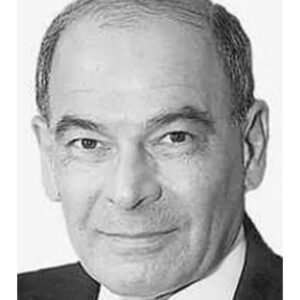
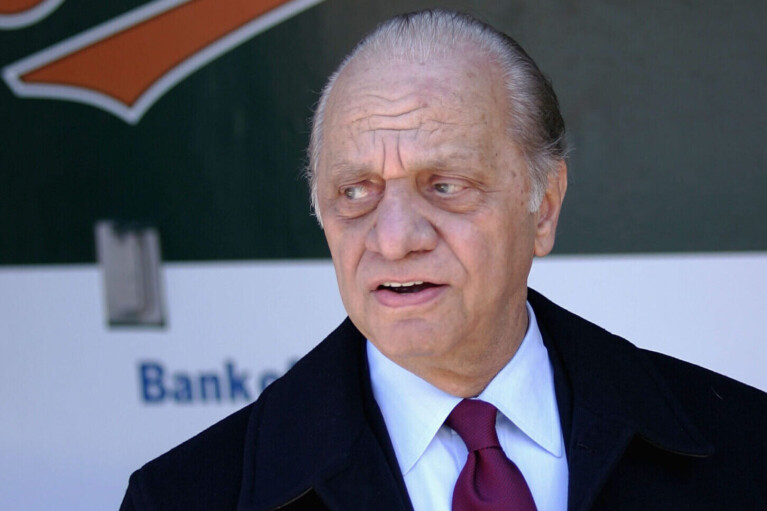
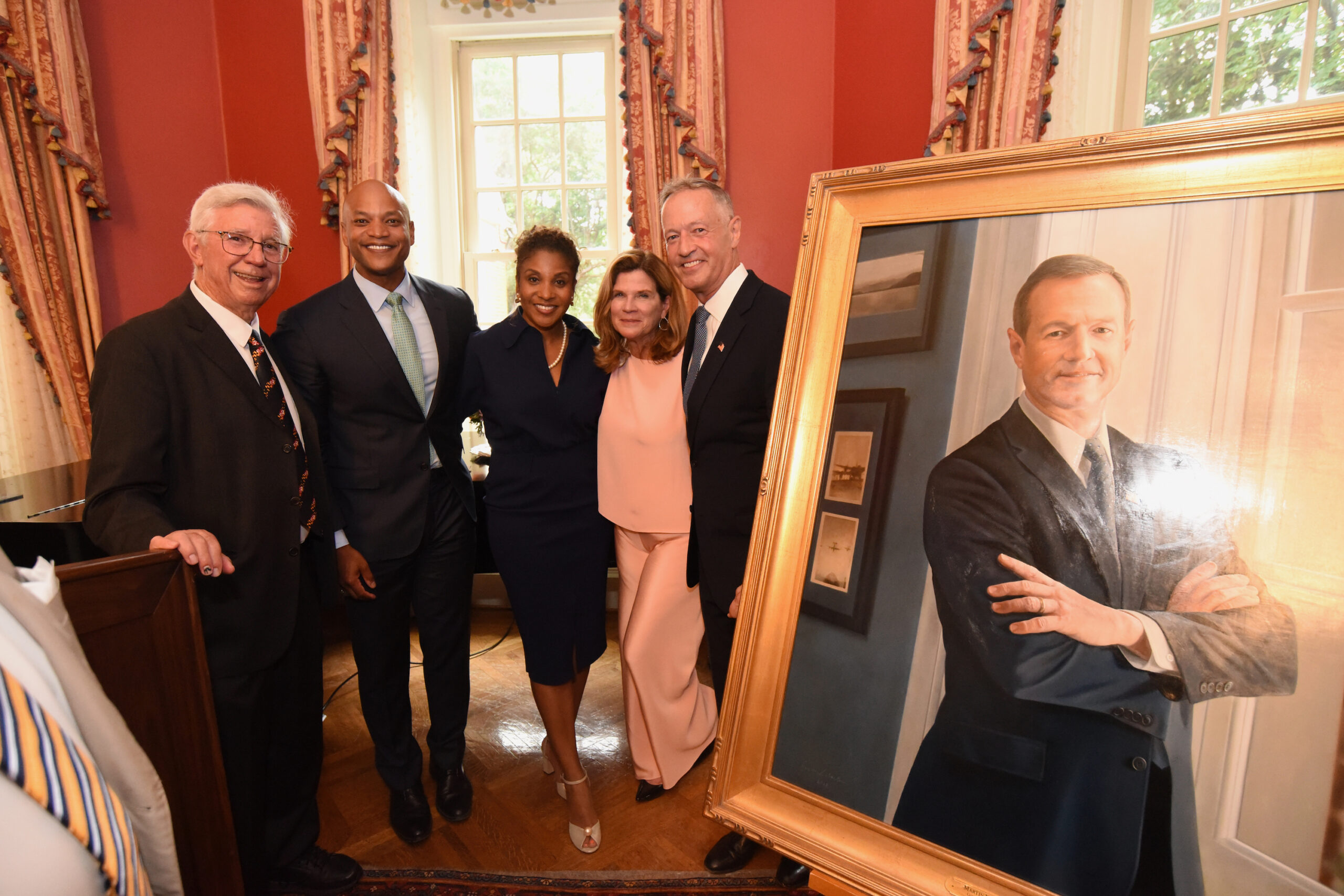
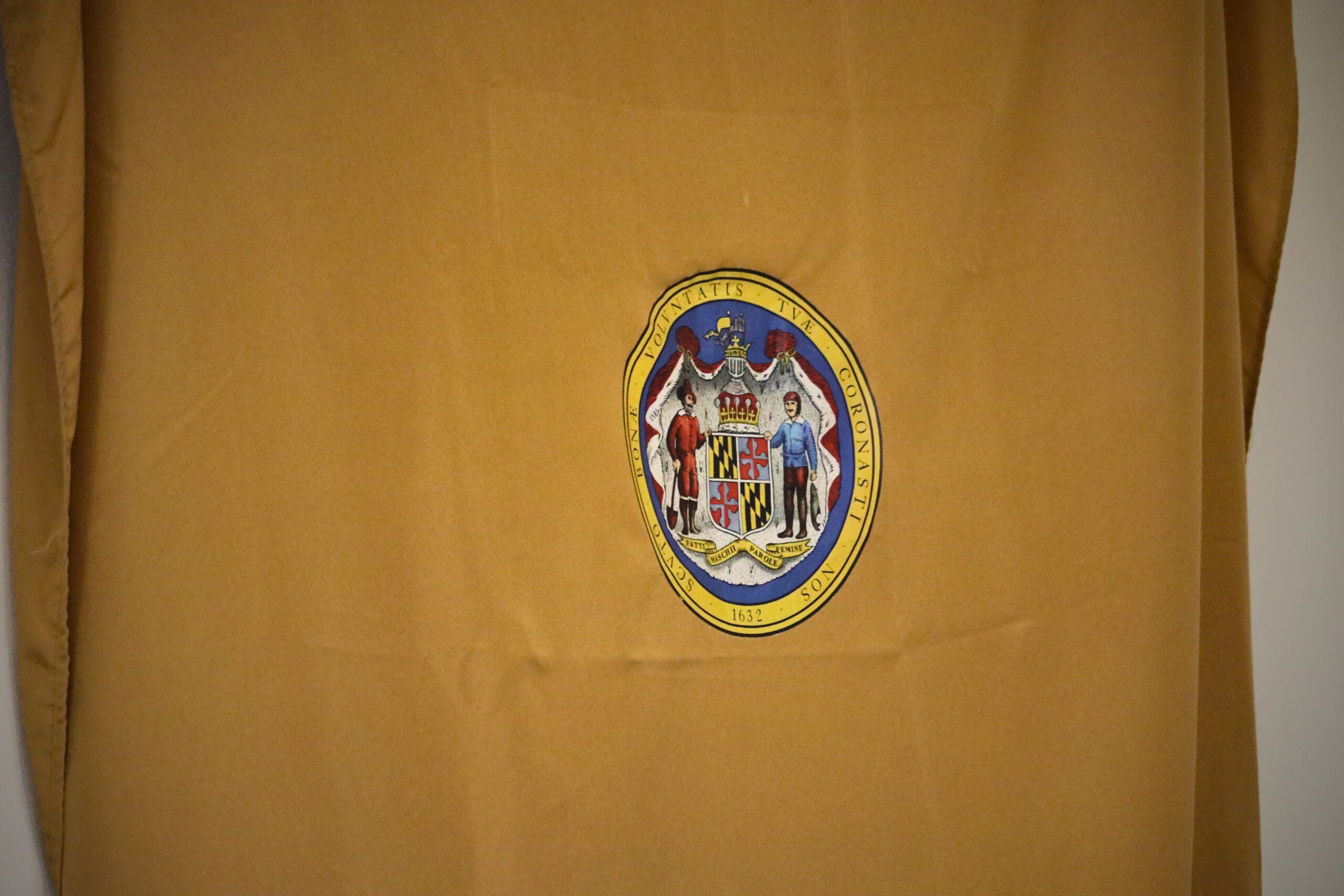
 Creative Commons Attribution
Creative Commons Attribution